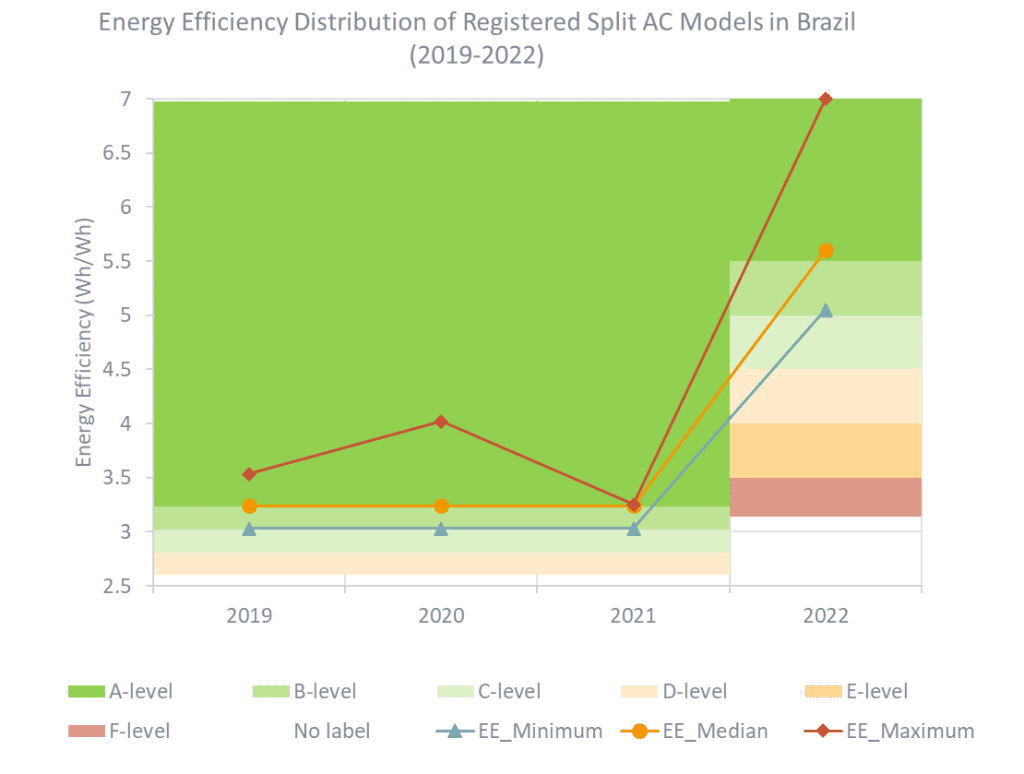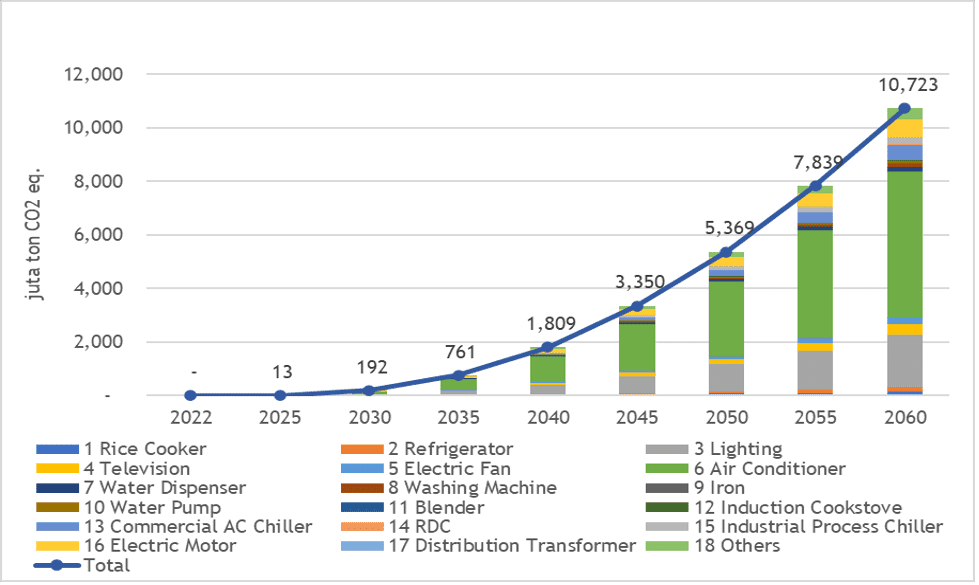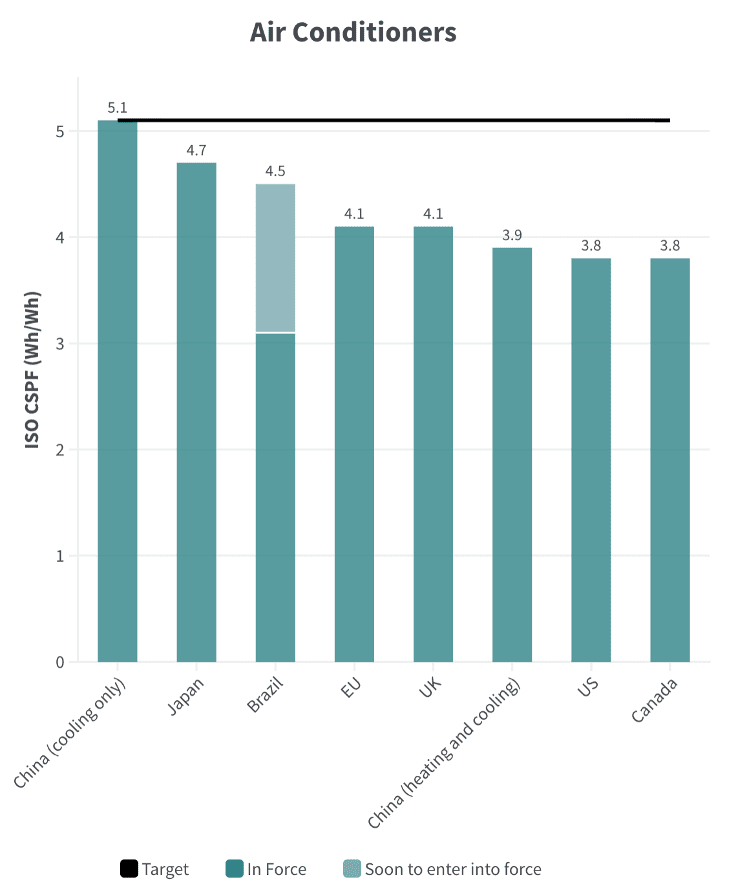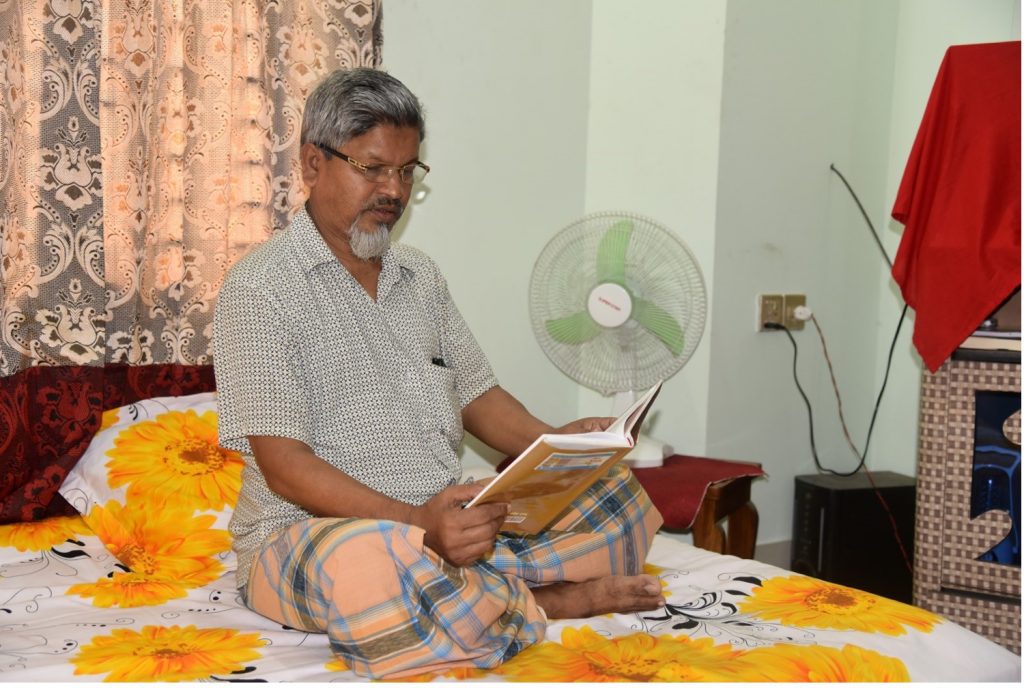Home > Our Impact > Appliance Efficiency

Appliance Efficiency
Making our appliances energy efficient is one of the most direct and cost-effective ways to cut carbon emissions, reduce energy demand, curb air pollution, and alleviate energy poverty. CLASP focuses on the highest- emitting appliances and the top-emitting countries, to make significant gains in climate mitigation and adaptation through policy interventions and market transformation.
Net-zero roadmaps
CLASP’s net-zero road maps show governments and policymakers at the national, state, and city levels clear pathways to achieve net-zero emissions through appliance efficiency. CLASP helps policymakers develop thoughtful, context-sensitive appliance efficiency plans that target the highest-emitting appliances to drive meaningful climate results.
Policy spotlight
When the Indonesian government set out to achieve net-zero carbon emissions by 2060 to address the rising energy demand of its 273 million people, CLASP offered support in integrating appliance efficiency into the government’s road map. Using Mepsy, CLASP’s appliance climate impact calculator, CLASP supported the government’s policy modeling team in developing a robust strategy with prioritized efficiency improvements needed to meet the nation’s net-zero goal in time.
Minimum energy performance standards
MEPS are policies that set minimum efficiency thresholds for energy-consuming appliances. They apply to all products of a particular type in a given market. MEPS drive improvements in appliance energy efficiency, delivering energy, economic, and environmental benefits, and are essential for meeting climate mitigation goals.
Policy spotlight
CLASP is providing Chinese policymakers with technical support to raise the ambition of appliance efficiency policy on high-impact technologies like air conditioners and electric motors. These policies will significantly cut China’s appliance emissions and set a new global gold standard for efficiency for other top-emitting countries to follow.
Purchase mandates
By leveraging the purchasing power of governments and other large institutions, purchase mandates ensure minimum efficiency criteria for the appliances and equipment procured. This stimulates the market for energy-efficient appliances, making them more mainstream and cost competitive while setting an example for corporate and institutional buyers and consumers.
Policy spotlight
After India revised its ceiling fan efficiency policy in 2023, CLASP supported Energy Efficiency Services Limited in launching an initiative to deploy 10 million energy-efficient and affordable fans. India’s policy, among the best globally, aims to transition residential fans to efficient technologies, potentially saving 15 percent of residential power consumption annually. As temperatures rise, the demand for cooling appliances increases, especially in hot climates like India’s. Using energy-efficient options reduces climate emissions and helps save lives.
Labeling and consumer incentives

Ensuring equity
Equity is a cornerstone of CLASP’s work and is woven into the fabric of each of CLASP’s core policy levers. Affordable, high-quality appliances alleviate energy poverty, promote sustainable development, and improve lives. By helping local industry build capacity and remain competitive in a global market, addressing issues of affordability, conducting research to highlight the benefits of appliance efficiency for low-income communities, and actively engaging with local advocacy groups, CLASP drives meaningful change while ensuring an equitable approach.





